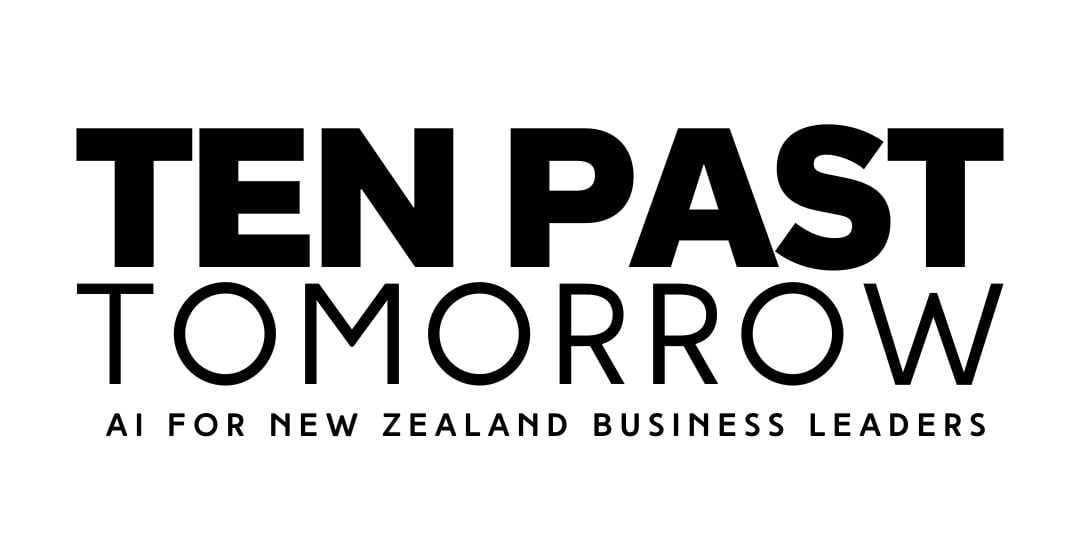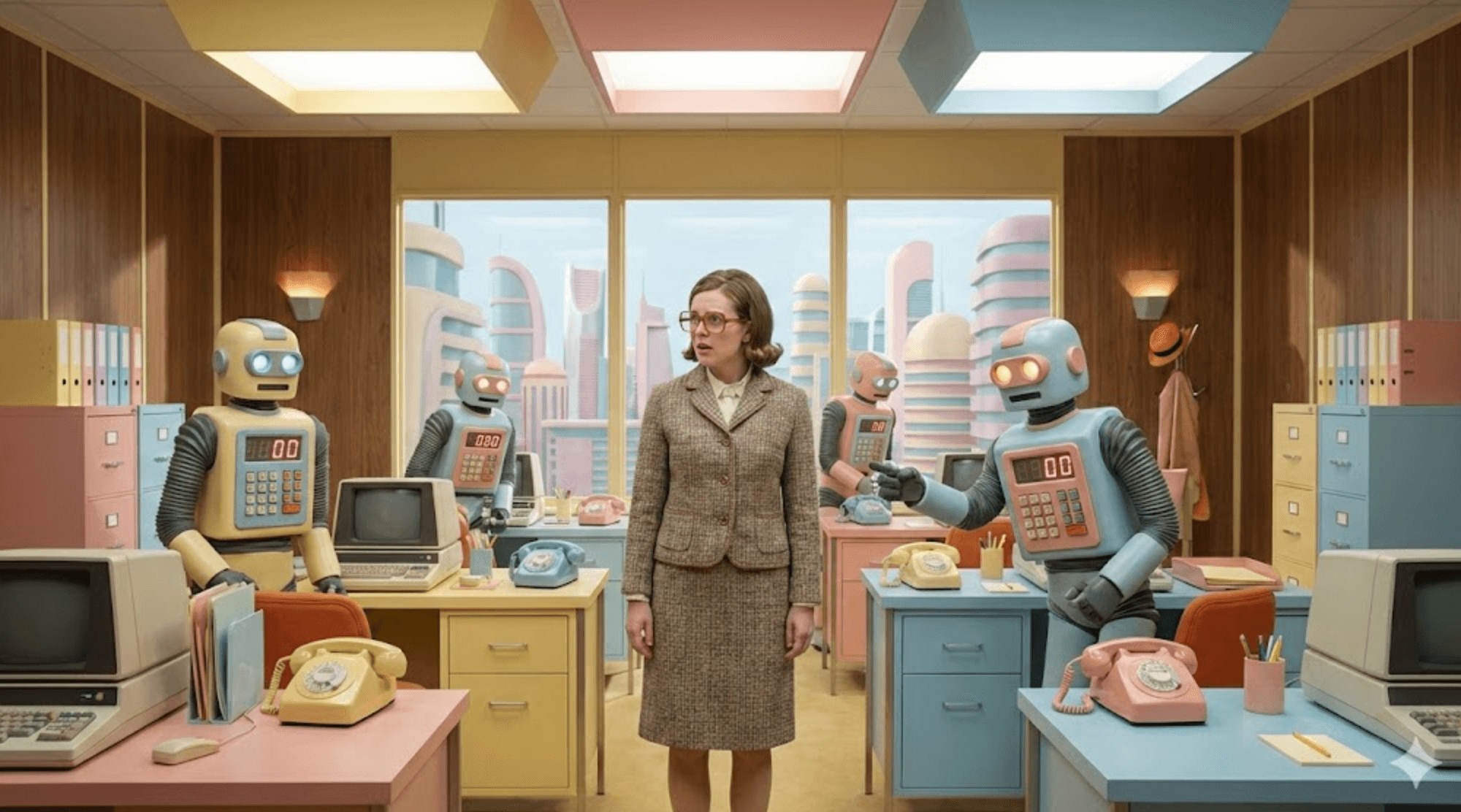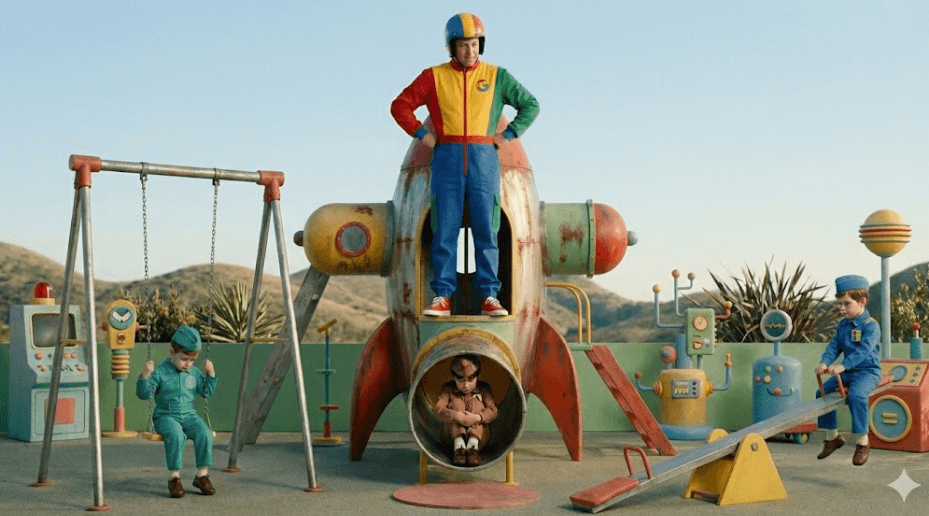Hello, how can (a)I help you today? AI + Customer Service
Last month, I found myself in a frustrating situation with a software subscription I purchased for my business. The software wasn't working as expected, and I needed a quick resolution to minimise downtime.
I reached out to the company's customer service via email, only to receive an automated response saying they would get back to me within 48 hours.
Already frustrated by that stage, I called their support line, waited on hold for 35 mins before speaking to a representative who struggled to understand my issue and actually ended up trying to refer me to another software company that I sue, saying the issue was being caused by their software (it wasn’t).
The experience left me unsatisfied and (surprise, surprise) wondering how AI could have streamlined the process and provided a more efficient solution.
This scenario is not uncommon, but there’s finally light at the end of the tunnel, as the landscape of customer service is rapidly changing with the advent of generative AI.
Take Klarna, a major e-commerce after-payments company, for example.
They have been everywhere in the AI headlines, having recently introduced an AI assistant powered by OpenAI that performs the tasks of 700 employees.
Yes, you read that right. It is the single biggest tangible ROI use case that I have seen for generative AI, yet.
In its first month alone, the AI conducted 2.3 million conversations, handling two-thirds of Klarna's regular customer service chats with customer satisfaction scores comparable to human agents.
Here’s Klarna’s full write-up. And if you’d like an excellent deep-dive analysis of how Klarna have built and deployed this chatbot, and its business implications, I suggest this.
The power of AI in customer service
Klarna's AI assistant is clearly revolutionising their customer service operations.
By leveraging advanced natural language processing and machine learning, the AI can resolve customer requests in multiple languages, manage refunds and returns, and provide swift, accurate support.
The results speak for themselves: the average resolution time for customer requests has plummeted from 11 minutes to just 2 minutes, contributing to an anticipated extra $40 million in profit for Klarna in 2024.
The benefits of AI in customer service extend beyond efficiency and cost savings though.
AI-powered chatbots and virtual assistants can provide 24/7 support, cater to a global audience by communicating in multiple languages, and quickly access vast knowledge bases to provide accurate information.
As AI continues to evolve, expect it to become increasingly capable of understanding and responding to complex customer queries, enhancing the overall customer experience.
And it’s worth remembering, as is true for any AI use case we have right now; this is the dumbest that customer service AI will ever be, from now on.
The human impact and societal implications
I take the wider view of ethics, morals and the effects on humans very seriously in any discussion regarding AI. It’s not all rainbows and lollipops, and you don’t have to scratch very deep beneath the surface of Klarna’s story to uncover some themes that should be of concern to us all.
The advantages of AI in customer service are clear, but I think it's crucial to consider the human impact and broader societal implications.
As AI takes on more customer service roles, there is a clear and present danger of job displacement for human agents.
Klarna's AI assistant, for instance, is performing the tasks of 700 employees. There’s no point beating around the bush either - this trend will continue as AI becomes more sophisticated and capable of handling a wider range of customer interactions.
A mitigating factor could be if companies choose to “level up” their expectations of what customer service can be. How can companies continue to upskill their human agents, to deliver a level of customer service that wasn’t previously possible, made possible by the new technology they have, and the extra time their increased efficiency allows them? It’s my great hope we see this (across all industries, not just customer service), as an antidote to AI-induced job loss.
Preparing for the AI-powered everything
Recently, I had a conversation with a CEO who has big concerns about the rapid pace of AI adoption in her industry. She recognised the potential benefits but was unsure how to navigate the transition without leaving employees behind.
I recommended to her an approach I use with clients (and help them to instigate) to proactively prepare for AI’s impact… to establish internal AI councils.
These are small internal teams (6 - 8 members), made up of employees from all strata of the organisation, who are personally passionate about AI. Together they’re tasked with keeping tabs on AI, and comparing notes on how it is affecting or soon will affect their company.
These teams can explore ways to leverage AI to enhance customer service (or any department) while also addressing the potential challenges, such as job displacement and the need for employee training.
Conclusion
The generative AI era is transforming the face of customer service, bringing both opportunities and challenges. That much is clear.
As we watch companies like Klarna embrace AI to enhance efficiency, reduce costs, and improve customer satisfaction, we must also consider the human impact and societal implications.
It’s my sincere hope that for New Zealand business leaders reading this story, the takeaway isn’t as simplistic as “wow, customer service is in for big changes in the next few years.”
The lesson should be that we need to all be proactively preparing for the AI-powered future, and that businesses can harness the potential of this technology while navigating the challenges it presents.
As you reflect on the changing landscape of customer service and the broader influence of AI, ask yourself: How do you see the balance of positives and negatives of AI impacting your own job and company in the next 24-36 months?
It’s highly likely that the answer won’t be clear-cut. But engaging in these discussions and preparing for the future is essential for success in the generative AI era we’re all stepping into.
Just ask Klarna.






